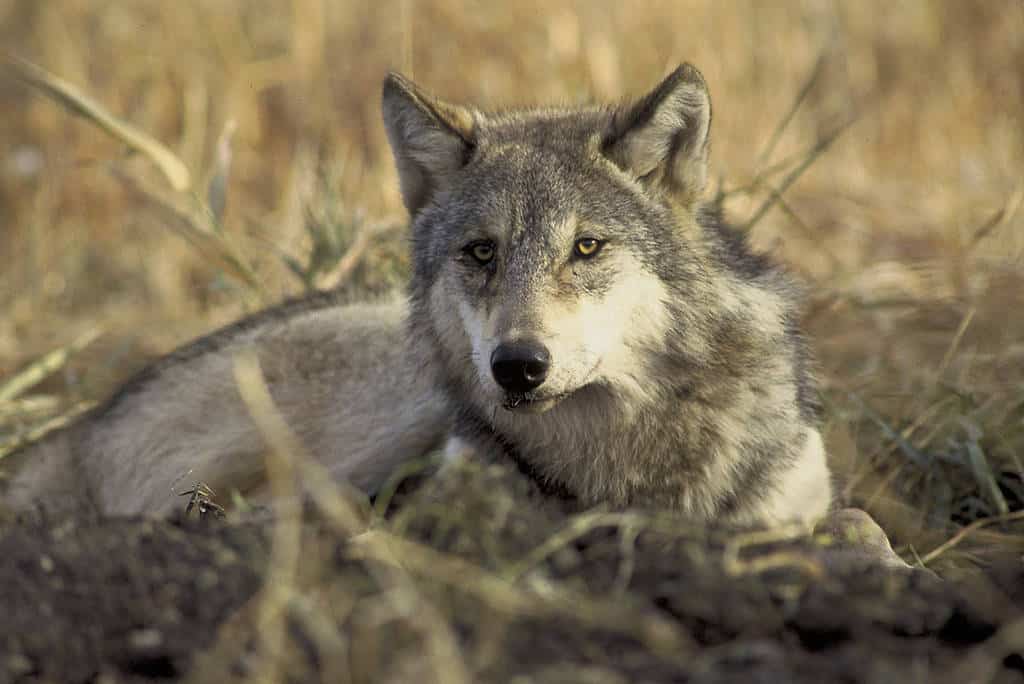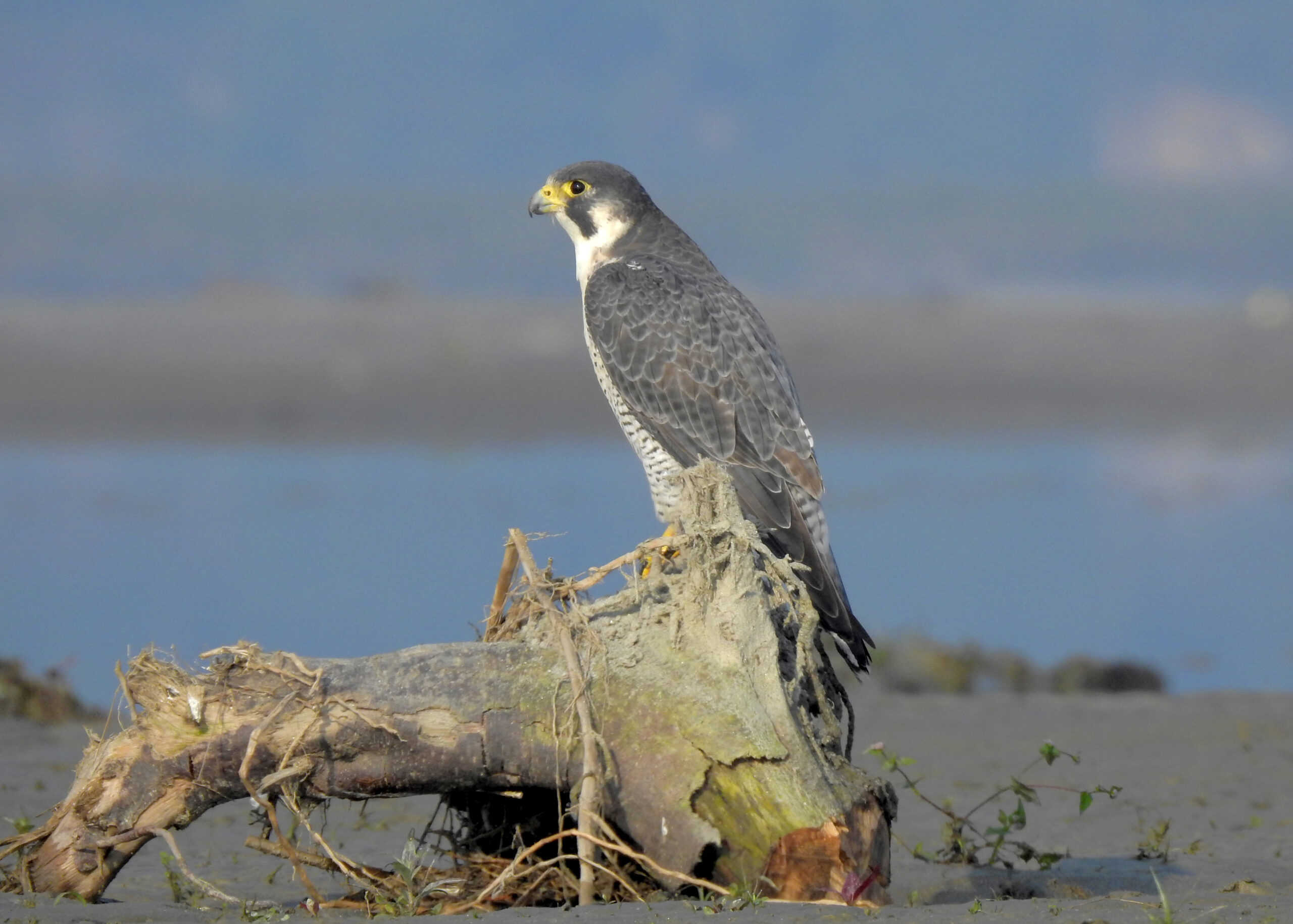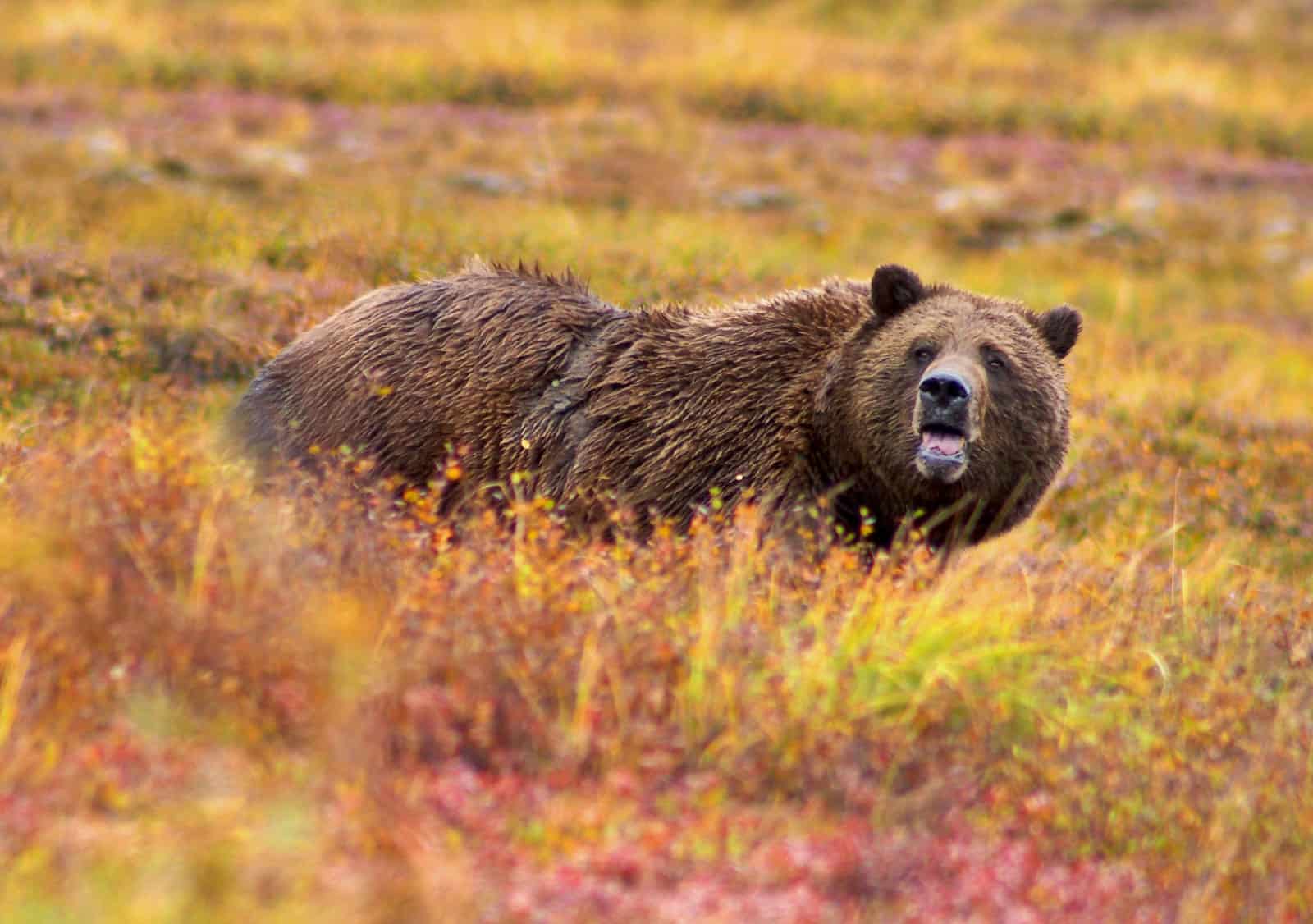Share this article
Student Poster Winner: Translocated Wild Pigs Become Established Quickly
State wildlife agencies have been trying to stop the illegal translocation of wild pigs that are becoming an increasing problem in many parts of the United States. Researchers are also hot on the trail of the destructive animals, trying to understand the consequences of these translocations — especially since the swine are known for spreading diseases to livestock and wildlife and damaging crops.
Dave Keiter, a graduate student at the University of Georgia who won third place for his student research poster at the 22nd Annual TWS conference in Winnipeg, studied how far collared feral swine travel to learn more about these destructive animals. “It’s important to know where pigs move following their translocations and how they become established in a new location,” Keiter said.
Keiter conducted the study by capturing the pigs at the University of Georgia’s Savannah River Ecology Laboratory (SREL) in South Carolina, and putting GPS collars on them. He and his fellow researchers then released the pigs at the same location and recaptured them after a month. Next, they translocated the animals to a different area about 15 kilometers away from the original site.
“After we released the animals, they moved around quite a bit more,” Keiter said. These higher rates of movement could allow the translocated animals to spread diseases they carry farther as well as establish new populations.
Keiter said it’s hard to target and eradicate wild pigs that spread diseases and establish populations easily. As a result, “We need to stop these translocations,” he said.
Keiter plans to do more projects related to translocating groups of pigs including determining how behaviors differ in translocated pigs.
“The last couple of years, there have been more illegal translocations to make a new hunt population,” Keiter said. “Recently, states have taken much more action to try to create [stiffer] legal consequences, but there’s still a problem it seems.”
Header Image: Dave Keiter poses with a wild pig that he fitted with a GPS collar as part of his research. Image courtesy of Dave Keiter.








